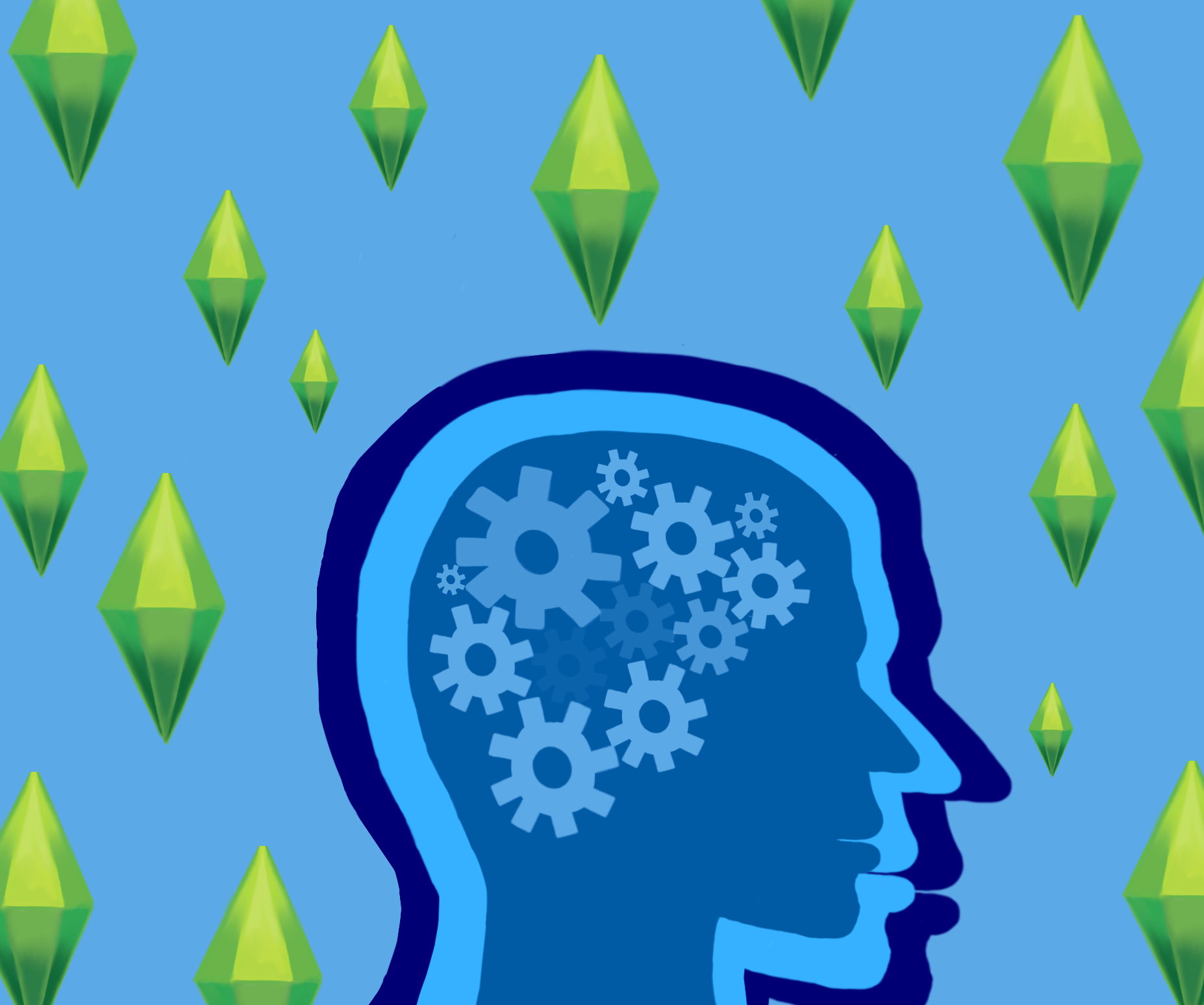In a bold move, the Columbia Experimental Laboratory for Social Sciences (CELSS) has announced that they cut costs by replacing humans test subjects in psychology experiments with Sims.
“One of the benefits is a lack of any or all moral repercussions; everything is ethical! No more bureaucratic hold-ups with the [expletive] ethics committee! Here at CELSS, we are pioneering a whole new field of study in psychology,” said Prof. Gineas Phage.
Dr. Hyde-Jelly, a principal investigator at CELSS, explained: “We understand the concerns surrounding the biological differences between Sims and humans, but we strongly believe the benefits outweigh the costs. Can a human exist for four hours as a ghost? No, but it’s not a big deal. Can the average Homo sapien spontaneously combust from embarrassment? No, but we come close.”
As a control, the group tested out The Stanford Prison Experiment, one of the most iconic psychological experiments, on The Sims, and yielded rather unconventional results. The results were inconclusive because nearly all the Sims perished from anxiety after trial 1, and the remaining Sims could not reproduce fast enough to fill the pool’s original number. Still, the principal investigator insists that the experiment did not disprove the reliability of the Sims as a psychological tool.
Dr. Hyde-Jelly describes some of the never done before experiments they conducted on the Sims. “We found that some groups of Sims oscillated between different quantum states after ‘replying all” by accident, and some even inexplicably turned into vampires after taking on 54 credits in one semester (the first time the credit limit was experimentally tested!).”
After the roaring success that was the psychology team’s venture with Sims, the English department has decided to follow in their footsteps, using Sim simulations to decide which staff to lay off in a Hunger-Games style elimination game with each staff member proxied by an avatar.


